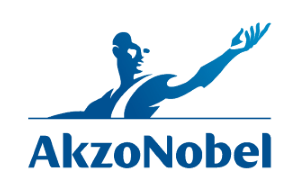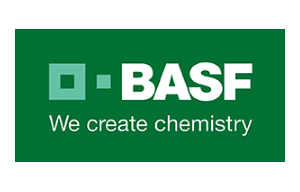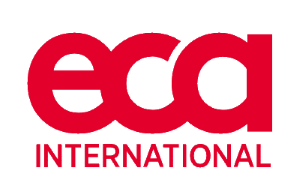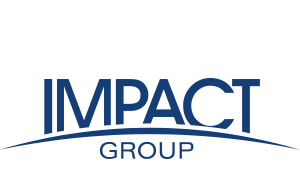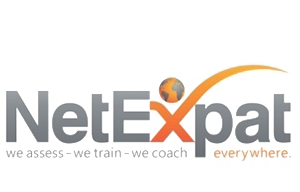Ireland in the Spotlight
23 November 2023Via our country “spotlight” series we provide a comprehensive summary of nation al legislation impacting partner work access, Permits Foundation advocacy history and current recommendations in each of our priority destinations.
al legislation impacting partner work access, Permits Foundation advocacy history and current recommendations in each of our priority destinations.
This month we focus on Ireland.
What is the situation now?
The good news is that spouses and de facto partners[1] of the following non-EEA/non-Swiss permit holders may directly access[2] the Irish labour market (not including self-employment):
- Critical Skills Employment Permit (CSEP) holders,
- Researchers on a Hosting Agreement (HA) and,
- Certain doctors in HSE and HSE funded agencies.
However, immediate family members of other non-EEA/non-Swiss permit holders, including intra-corporate transferee permit holders (ICTs), are granted dependant status only and are subject to the employment permit requirements of the Department of Enterprise, Trade and Employment (DETE) if they wish to work.[3]
What is our recommendation?
Given the concerns raised by international companies operating in Ireland and the potential benefits that a change in policy would bring, we ask that open and direct work authorisation be granted to spouses and partners of ICTs in Ireland upon recognition of their dependant status.
Why are we continuing to carry out advocacy in Ireland?
Granting direct access to employment for spouses and partners of ICTs results in a WIN-WIN-WIN:
- A win for Ireland: Makes Ireland a more attractive business destination, and boosts skills, inclusion and innovation without negatively impacting the local labour market.
- A win for the employer: Increases the chance of a successful ICT assignment and retention of talent.
- A win for the dual career couple: Allows continued work access for both partners, which promotes integration and well-being.
What have we been doing?
Since 2018, Permits Foundation has responded to government consultations and written to relevant government departments and Oireachtas committees. We have also co-hosted two Dublin round tables with business and government representatives to raise the issue of partner work access. Previous letters and submissions, including the Foundation’s further evidence submitted to DETE in June 2023, are available on the Ireland page of our website.
Why does direct work access for partners of ICTs in Ireland matter to our sponsors?
International employers tell us that their global mobility processes in Ireland are sometimes slowed or complicated because spouses/partners of intra company transferees have no assurance that they can work. In one company, concerns relating to partner work authorisation had been raised in approximately 90% of their dual career ICT assignments into Ireland. Switching to another visa type is not always an attractive option. For example, some employers view the ICT visa as the preferred means to temporarily bring in senior executives or specialist knowledge for a short period of time. Additionally if they switch, employees may loose certain previously accrued benefits. Moreover, it is difficult for employers to tell highly-qualified dual career couples that while in Ireland only the assignee can be assured of continued work access, especially when in other branch offices this is not an issue.
Ireland in the EU context:
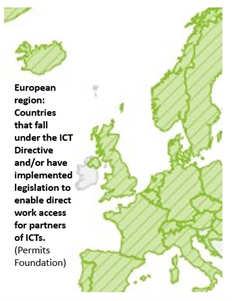
Under the EU wide intra-corporate transferee Directive (which Ireland opts-out of), family members of ICTs are authorised to work directly.1[4] Other countries in the region, namely Denmark, Norway, Switzerland and the UK, which are also not bound by the Directive have nonetheless enabled direct employment access for ICT partners.
Permits Foundation has been working for many years in Ireland, sharing our survey data and participating in meetings with international companies and government representatives. We were delighted when in 2019 the Irish government enabled direct work access for spouses and partners of critical skills permit holders. We are hopeful that the same rationale – supporting Ireland’s continued competitiveness as a desirable place to live, work and invest in – will lead to policy change allowing direct work access for spouses and partners of intra-corporate transferees. This would be welcomed by international companies, employees and families and would align Ireland with best practice adopted by other countries in Europe and beyond.
Helen Frew, Director, Permits Foundation
———————————————–
[1] Spouses and de facto partners must be at least 18 years old and may be of the same or opposite sex. A 2 year cohabitation requirement applies to establish the de facto partnership.
[2] The access is embodied in the Stamp 1G the spouse/partner receives when registering for their Irish Residence Permit; a separate employment permit is not required. More information about the spouse/partner of CSEP holders and researchers on a HA can be found here.
[3] More information regarding the Policy on Non-EEA Family Reunification is available here.
[4] Article 19.6 of Directive 2014/66/EU states that: the family members of the intra-corporate transferee who have been granted family reunification shall be entitled to have access to employment and self-employed activity in the territory of the Member State which issued the family member residence permit.








